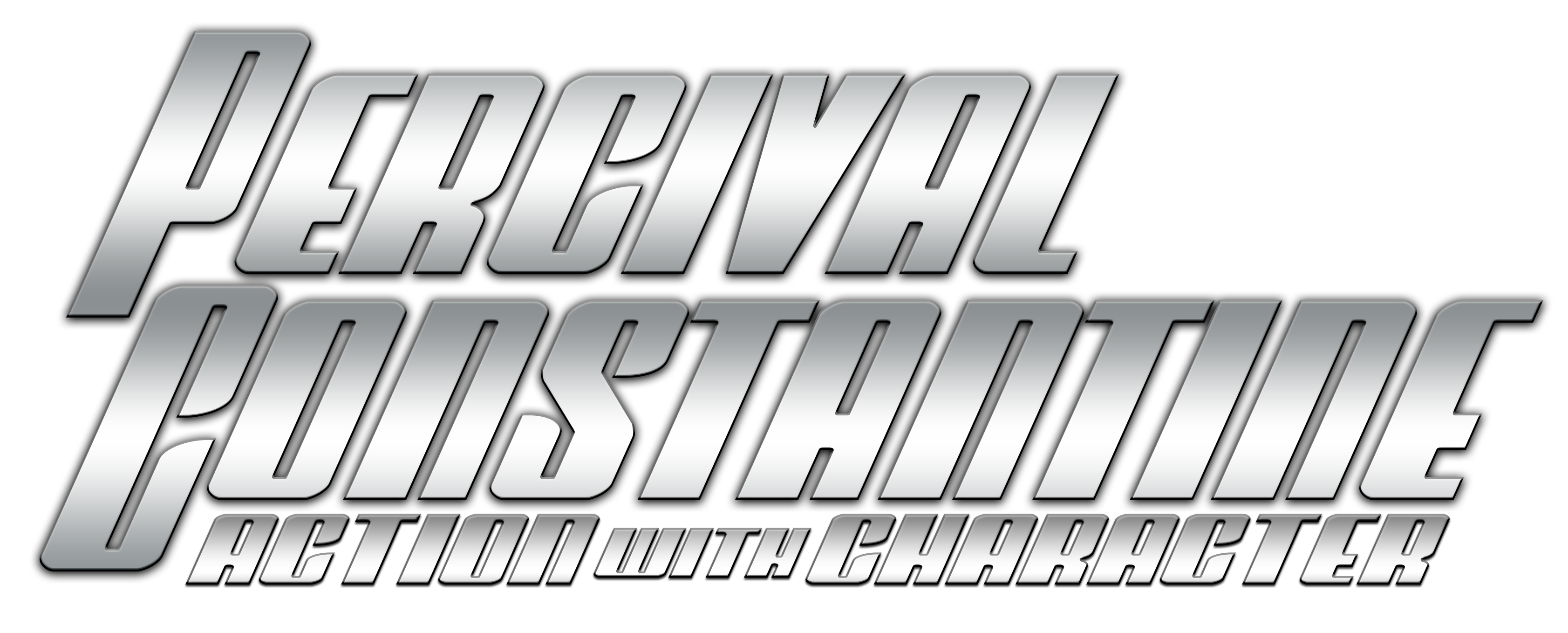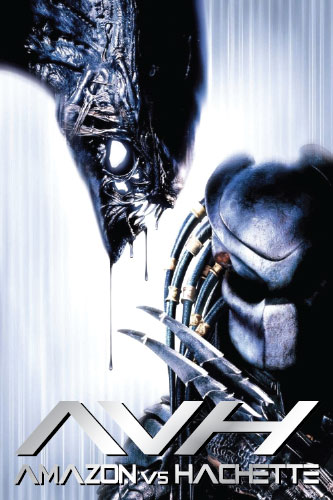 Today, I received a very interesting email from Amazon:
Today, I received a very interesting email from Amazon:
Dear KDP Author,
Just ahead of World War II, there was a radical invention that shook the foundations of book publishing. It was the paperback book. This was a time when movie tickets cost 10 or 20 cents, and books cost $2.50. The new paperback cost 25 cents – it was ten times cheaper. Readers loved the paperback and millions of copies were sold in just the first year.
With it being so inexpensive and with so many more people able to afford to buy and read books, you would think the literary establishment of the day would have celebrated the invention of the paperback, yes? Nope. Instead, they dug in and circled the wagons. They believed low cost paperbacks would destroy literary culture and harm the industry (not to mention their own bank accounts). Many bookstores refused to stock them, and the early paperback publishers had to use unconventional methods of distribution – places like newsstands and drugstores. The famous author George Orwell came out publicly and said about the new paperback format, if “publishers had any sense, they would combine against them and suppress them.” Yes, George Orwell was suggesting collusion.
Well… history doesn’t repeat itself, but it does rhyme.
Fast forward to today, and it’s the e-book’s turn to be opposed by the literary establishment. Amazon and Hachette – a big US publisher and part of a $10 billion media conglomerate – are in the middle of a business dispute about e-books. We want lower e-book prices. Hachette does not. Many e-books are being released at $14.99 and even $19.99. That is unjustifiably high for an e-book. With an e-book, there’s no printing, no over-printing, no need to forecast, no returns, no lost sales due to out of stock, no warehousing costs, no transportation costs, and there is no secondary market – e-books cannot be resold as used books. E-books can and should be less expensive.
Perhaps channeling Orwell’s decades old suggestion, Hachette has already been caught illegally colluding with its competitors to raise e-book prices. So far those parties have paid $166 million in penalties and restitution. Colluding with its competitors to raise prices wasn’t only illegal, it was also highly disrespectful to Hachette’s readers.
The fact is many established incumbents in the industry have taken the position that lower e-book prices will “devalue books” and hurt “Arts and Letters.” They’re wrong. Just as paperbacks did not destroy book culture despite being ten times cheaper, neither will e-books. On the contrary, paperbacks ended up rejuvenating the book industry and making it stronger. The same will happen with e-books.
Many inside the echo-chamber of the industry often draw the box too small. They think books only compete against books. But in reality, books compete against mobile games, television, movies, Facebook, blogs, free news sites and more. If we want a healthy reading culture, we have to work hard to be sure books actually are competitive against these other media types, and a big part of that is working hard to make books less expensive.
Moreover, e-books are highly price elastic. This means that when the price goes down, customers buy much more. We’ve quantified the price elasticity of e-books from repeated measurements across many titles. For every copy an e-book would sell at $14.99, it would sell 1.74 copies if priced at $9.99. So, for example, if customers would buy 100,000 copies of a particular e-book at $14.99, then customers would buy 174,000 copies of that same e-book at $9.99. Total revenue at $14.99 would be $1,499,000. Total revenue at $9.99 is $1,738,000. The important thing to note here is that the lower price is good for all parties involved: the customer is paying 33% less and the author is getting a royalty check 16% larger and being read by an audience that’s 74% larger. The pie is simply bigger.
But when a thing has been done a certain way for a long time, resisting change can be a reflexive instinct, and the powerful interests of the status quo are hard to move. It was never in George Orwell’s interest to suppress paperback books – he was wrong about that.
And despite what some would have you believe, authors are not united on this issue. When the Authors Guild recently wrote on this, they titled their post: “Amazon-Hachette Debate Yields Diverse Opinions Among Authors” (the comments to this post are worth a read). A petition started by another group of authors and aimed at Hachette, titled “Stop Fighting Low Prices and Fair Wages,” garnered over 7,600 signatures. And there are myriad articles and posts, by authors and readers alike, supporting us in our effort to keep prices low and build a healthy reading culture. Author David Gaughran’s recent interview is another piece worth reading.
We recognize that writers reasonably want to be left out of a dispute between large companies. Some have suggested that we “just talk.” We tried that. Hachette spent three months stonewalling and only grudgingly began to even acknowledge our concerns when we took action to reduce sales of their titles in our store. Since then Amazon has made three separate offers to Hachette to take authors out of the middle. We first suggested that we (Amazon and Hachette) jointly make author royalties whole during the term of the dispute. Then we suggested that authors receive 100% of all sales of their titles until this dispute is resolved. Then we suggested that we would return to normal business operations if Amazon and Hachette’s normal share of revenue went to a literacy charity. But Hachette, and their parent company Lagardere, have quickly and repeatedly dismissed these offers even though e-books represent 1% of their revenues and they could easily agree to do so. They believe they get leverage from keeping their authors in the middle.
We will never give up our fight for reasonable e-book prices. We know making books more affordable is good for book culture. We’d like your help. Please email Hachette and copy us.
Copy us at: readers-united@amazon.com
Please consider including these points:
– We have noted your illegal collusion. Please stop working so hard to overcharge for ebooks. They can and should be less expensive.
– Lowering e-book prices will help – not hurt – the reading culture, just like paperbacks did.
– Stop using your authors as leverage and accept one of Amazon’s offers to take them out of the middle.
– Especially if you’re an author yourself: Remind them that authors are not united on this issue.
Thanks for your support.
The Amazon Books Team
I did not email Hachette as they asked, in fact I removed the email of Hachette’s CEO from this quote (you can find it yourself if you so desire). I honestly could not care less about Hachette. Screw ’em, not my business.
But Amazon’s gall here is what has annoyed me.
Yes, Amazon has been very good for me as an independent author. But they could also be a whole lot better. And you know how they could be better? By not paying lip-service to being rah-rah indie.
Other ebook vendors give self-published authors the ability to set their books for free for any length of time, even if you make those books permanently free. That’s your choice. Amazon lets you do this…if you’re enrolled in KDP Select and give Amazon exclusivity over your book. And even then, you’re given a maximum of five days to set the book free during a 90-day period.
Other ebook vendors offer self-published authors the ability to accept pre-orders for their books. Amazon does not allow self-published authors to do this at all. In fact, it’s something specifically reserved for traditional publishers.
Last month, Amazon unveiled Kindle Unlimited, where for $10 a month, subscribers get to read as many books as they like. Traditional publishers and a select few self-published authors are given 60% of the list price for every borrow, and they can still sell their books outside of Amazon. The rest of us must be exclusive to Amazon and we get a percentage of an arbitrary fund Amazon sets aside for us. In contrast, Scribd and Oyster give self-published authors 60% of the list price and no exclusivity requirement.
So I’ll make a deal with you, Amazon—give me the same deals you give traditional publishers. Give readers the ability to pre-order my books. Give me 60% of the list price of KU borrows without forcing exclusivity on me. Give me the right to make my book free whenever I want and for however long I want without forcing exclusivity on me.
Do those things, and then maybe I’ll consider stepping up to the plate for you.
Until then, you can fight your own battles. Keep me out of your pissing contest with Hachette.


Your comments pretty much sum up my feelings on it.
I still love the Aliens vs. Predator analogy you first mentioned in a Facebook discussion thread we recently had 🙂 The first step, I think, was to shatter the monopoly imposed on both writers and readers by traditional big publishing houses. The next step, in accordance with the e-book and self-publishing revolution, is to shatter Amazon’s near-monoply on dictating conditions for digital publishing. I think more web projects like Smashwords may pave the way to this.